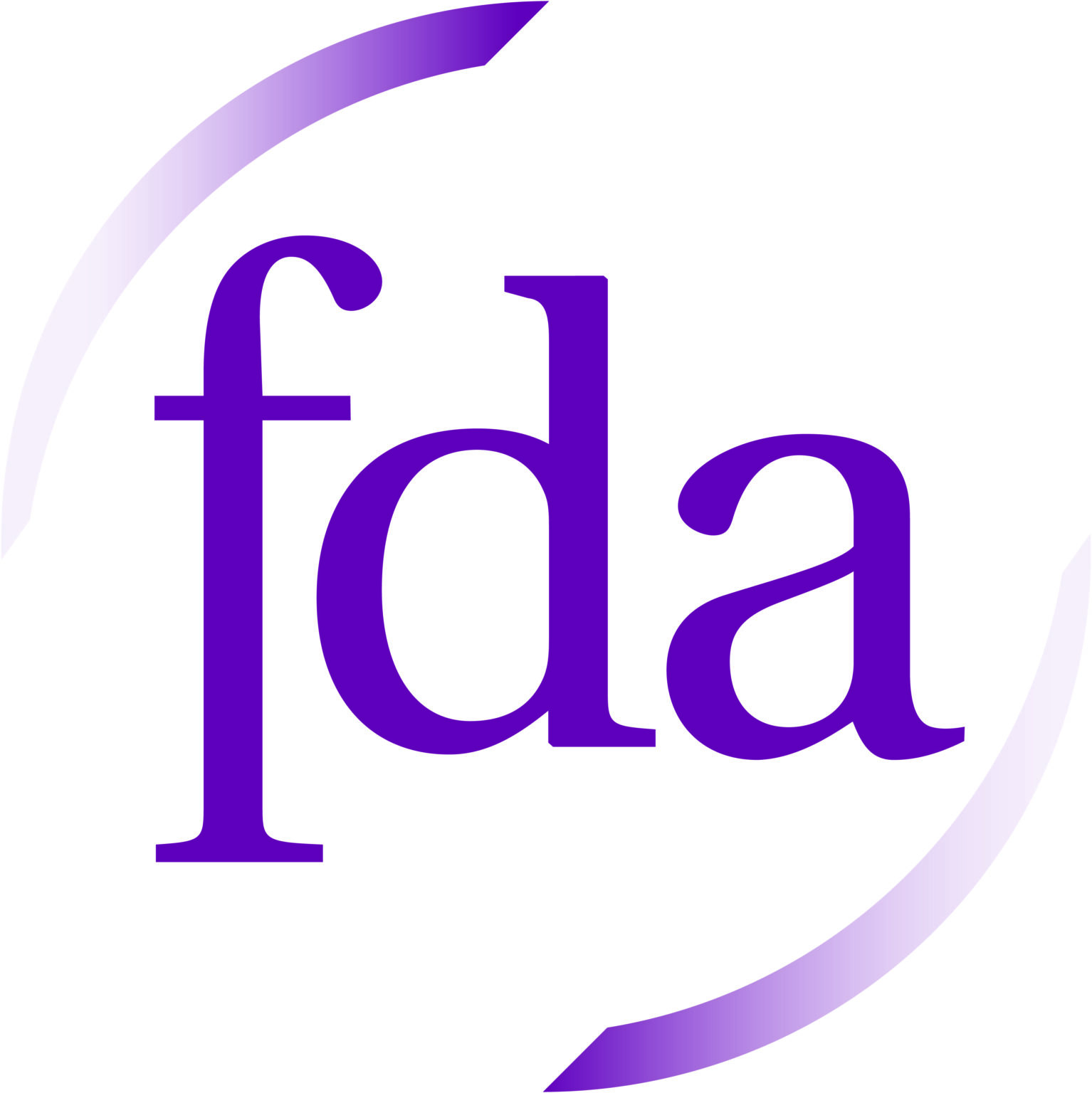Managers paying a heavy price for 3.6% NHS pay rise, says MiP

Most NHS staff will get an annual pay rise of 3.6% — marginally above inflation — backdated to April 2025, after the government accepted the recommendation of the NHS Pay Review Body (PRB). Executives in trusts, ICBs and arms-length bodies, including NHS England, will get 3.25%, as recommended by the Senior Salaries Review Body (SSRB). Doctors and dentists are set for a 4% rise, with those in training receiving a further £750.
Backdated pay increases are expected to be paid from August. Pension scheme contribution tiers will also be uplifted by 3.6%. Inflation, as measured by consumer price index (CPI), is now running at 3.5%.
In recommending 3.6% for 1.4 million staff covered by Agenda for Change, the PRB ignored government evidence that rises should not exceed 2.8%. Health secretary Wes Streeting said in a written ministerial statement that he had made “difficult decisions on other areas of spend” to afford the rises, citing the abolition of NHS England, cutting ICB costs by 50% and reductions in the use of temporary staffing.
Job losses cast ‘deep shadow’ over awards
Responding to today’s announcement, Jon Restell, MiP chief executive, said: “Most MiP members will get an award that matches inflation. But higher awards for doctors and lower awards for very senior managers will not feel fair. And awards are still arriving four months after the due date and will be denied to some trust directors, despite their hard work and dedication.”
He added: “Big job losses among managers will partly pay for these pay rises. This throws a deep shadow over what might be seen by some as a better than expected outcome. The NHS needs managers, and I fear the result will be lower productivity, a poorer experience for staff and patients, and unsustainable workloads.”
Pay reform delayed again
The government also accepted a recommendation to provide the NHS Staff Council with a funded mandate for pay structure reform, “to begin to resolve outstanding concerns within the Agenda for Change pay structure”. Funding for the mandate would be considered as part of the spending review with any changes to the pay structure coming in from 1 April 2026, the government said.
Restell said MiP were disappointed by the further delays to reforming the Agenda for Change pay structure. “The case is getting ever stronger for direct negotiations between the government and unions on NHS pay, as Scotland has been doing for several years,” he added.
The SSRB recommended a 3.25% uplift for all executive and senior managers (ESMs) and very senior managers (VSMs) in the NHS in England, also from April 2025. But the government rejected a further recommendation for an additional 0.5% to deal with pay anomalies, such as overlaps with the Agenda for Change pay scale. The government also said that the decision to abolish NHS England meant it would need more time to consider a recommendation to withdraw the ESM pay framework.
Under the new VSM pay framework, published on 15 May, the uplift will not be paid to executives in NHS trusts that fail to meet performance targets.
Looking ahead to next year’s award, Streeting said he was committed to giving a remit to the health PRBs in July 2025, with an ambition to implement awards as early in 2026-27 as possible.
Related Stories
-

Job vacancy: MiP Assistant National Organiser
MiP is looking to recruit an Assistant National Organiser on a 14 month fixed term contract. Applications close: 4 March 2026.
-

FDA General Secretary Election 2026
Please find important information regarding the FDA General Secretary Election 2026 which MiP members may participate in.
-

Government proposal for sub-inflation pay rise “not good enough”, says MiP
Pay rises for most NHS staff should be restricted to an “affordable” 2.5% next year to deliver improvements to NHS services and avoid “difficult” trade-offs, the UK government has said.